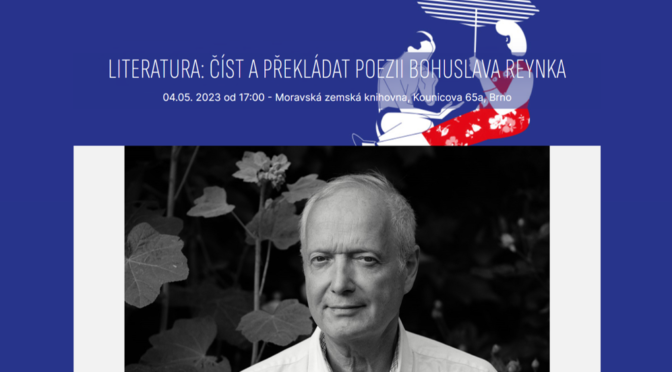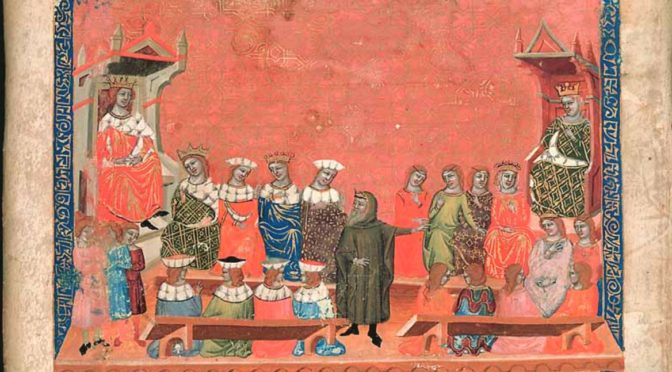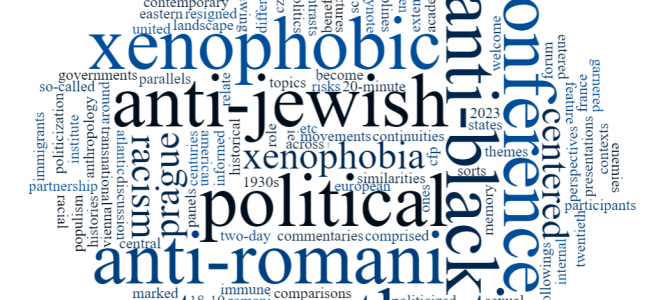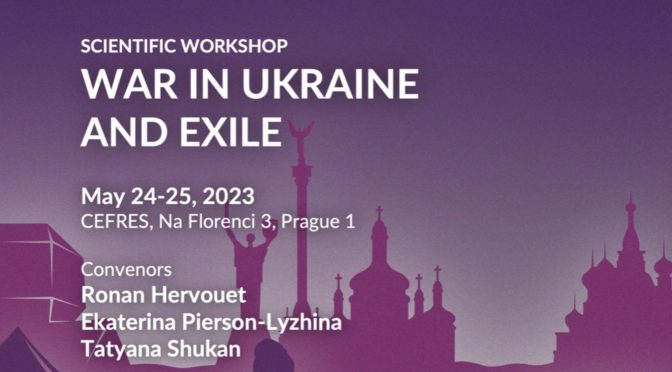On the occasion of the 70th anniversary of the foundation of the Slovak Academy of Sciences and the 30th anniversary of the creation of the Slovak Republic and the Czech Republic, the Slovak Academy of Sciences, the French Embassy and French Institute in Slovakia, the Academy of Sciences of the Czech Republic, the French Centre for Research in Social Sciences and the Czech Centre in Bratislava invite you to round table discussions on the theme: Thirty years of independence for the Czech and Slovak Republics (1993-2023)
Location: Hall of Mirrors of the Primatial Palace, Primaciálne námestie 2, Bratislava
Date: 23 and 24 October 2023
Language: Slovak / French (Simultaneous translation Slovak ↔ French)
The registration for the event is opened until October 12th. Room capacity is limited. Free admission.
Also available online.
Program
23. 10. 2023
17:30 – 18:00: Opening
18:00 – 20:00: Actors – witness of the historical key events
Moderator: Jaro Valent
Discussants: Xavier Galmiche (Sorbonne Université), Michaela
Jurovská (diplomate), Dušan Kováč (SAV), Václav
Bělohradský (philosophe)
20:00 – 22:00: Reception
24. 10. 2023
10:00 – 12:00: Political development of the two independent Republics
Moderator : Agáta Šustová Drelová
Discussants: Étienne Boisserie (Inalco), Michal Kopeček (ÚSD AV ČR), Juraj Marušiak (ÚPV SAV), Jana Vargovčíkova (Inalco)
12:00 – 13:30: Lunch break
13:30 – 15:30: Literature as a mirror of society
Moderator: Agáta Šustová Drelová
Discussants: Xavier Galmiche (Sorbonne Université), Michal Jareš (ÚČL AV ČR), Jana Kantoříková (Humboldtova Universita), Peter Zajac (ÚSlL SAV)
15:30 – 16:00: Coffee break
16:00 – 18:00: Transformation in Czech and Slovak society
Moderator: Jaro Valent
Discussants: Miloslav Bahna (SÚ SAV), František Novosád (FÚ SAV), Viliam Páleník (EÚ SAV), Paulína Tabery (SÚ AV ČR)






